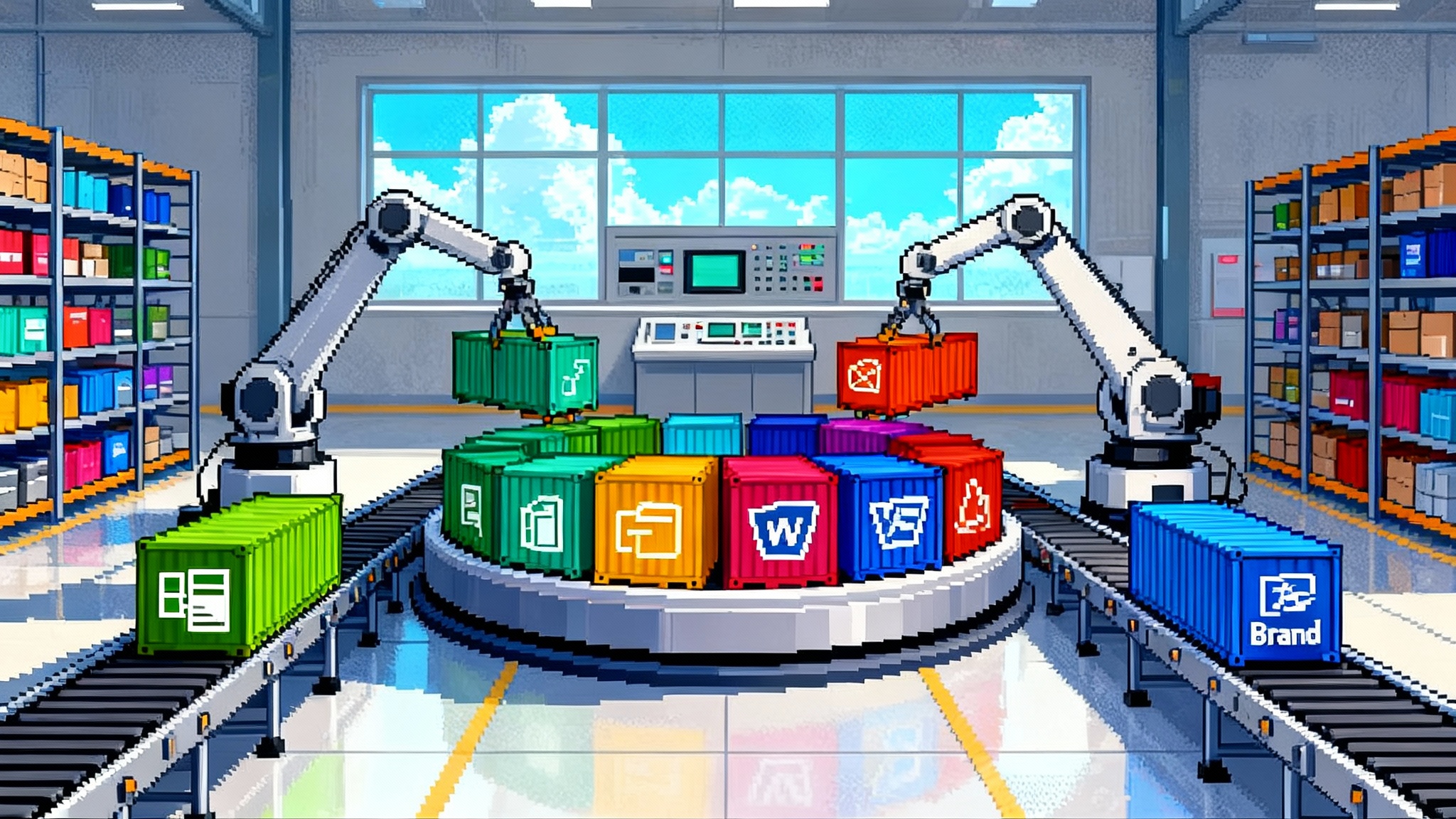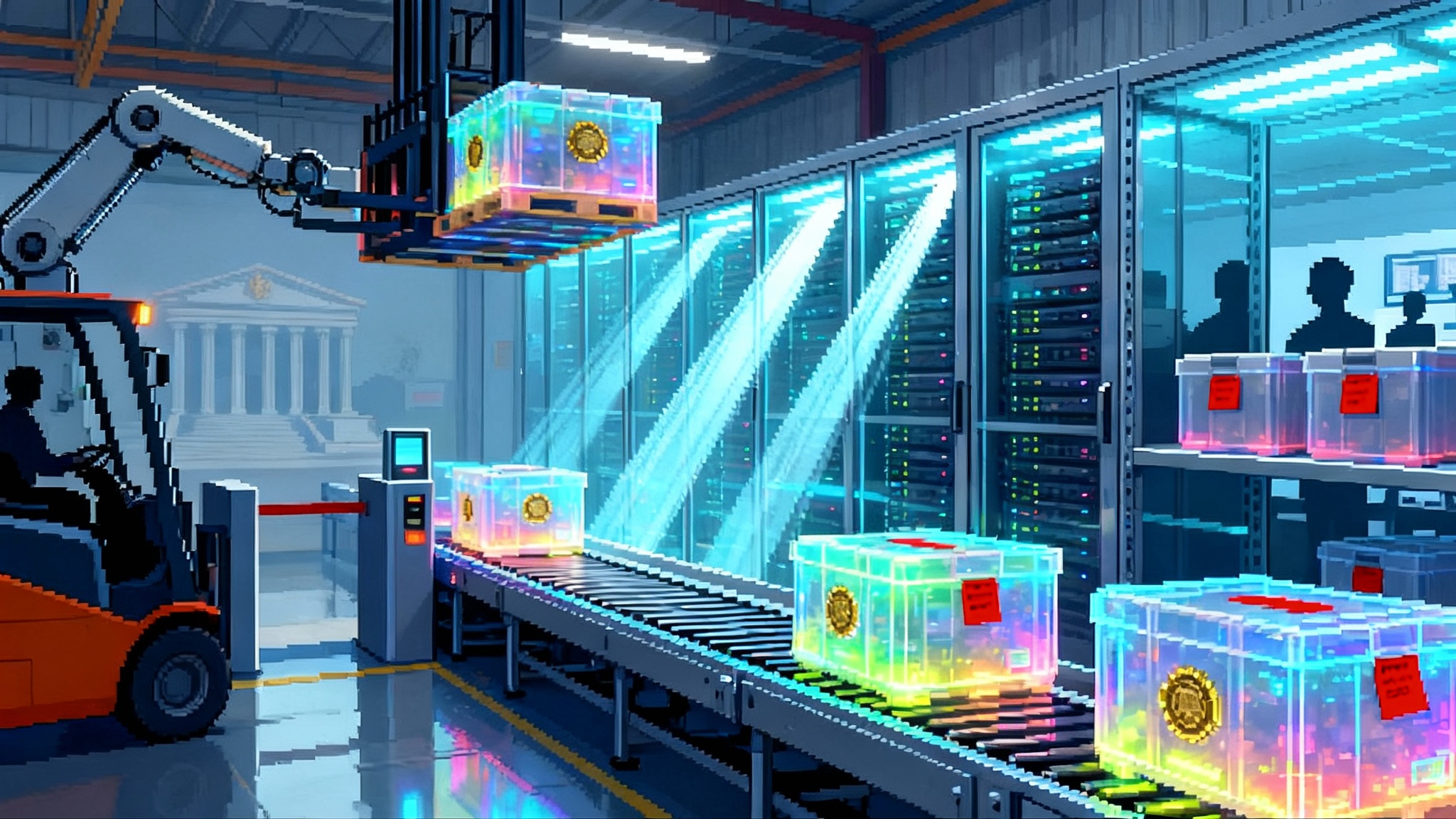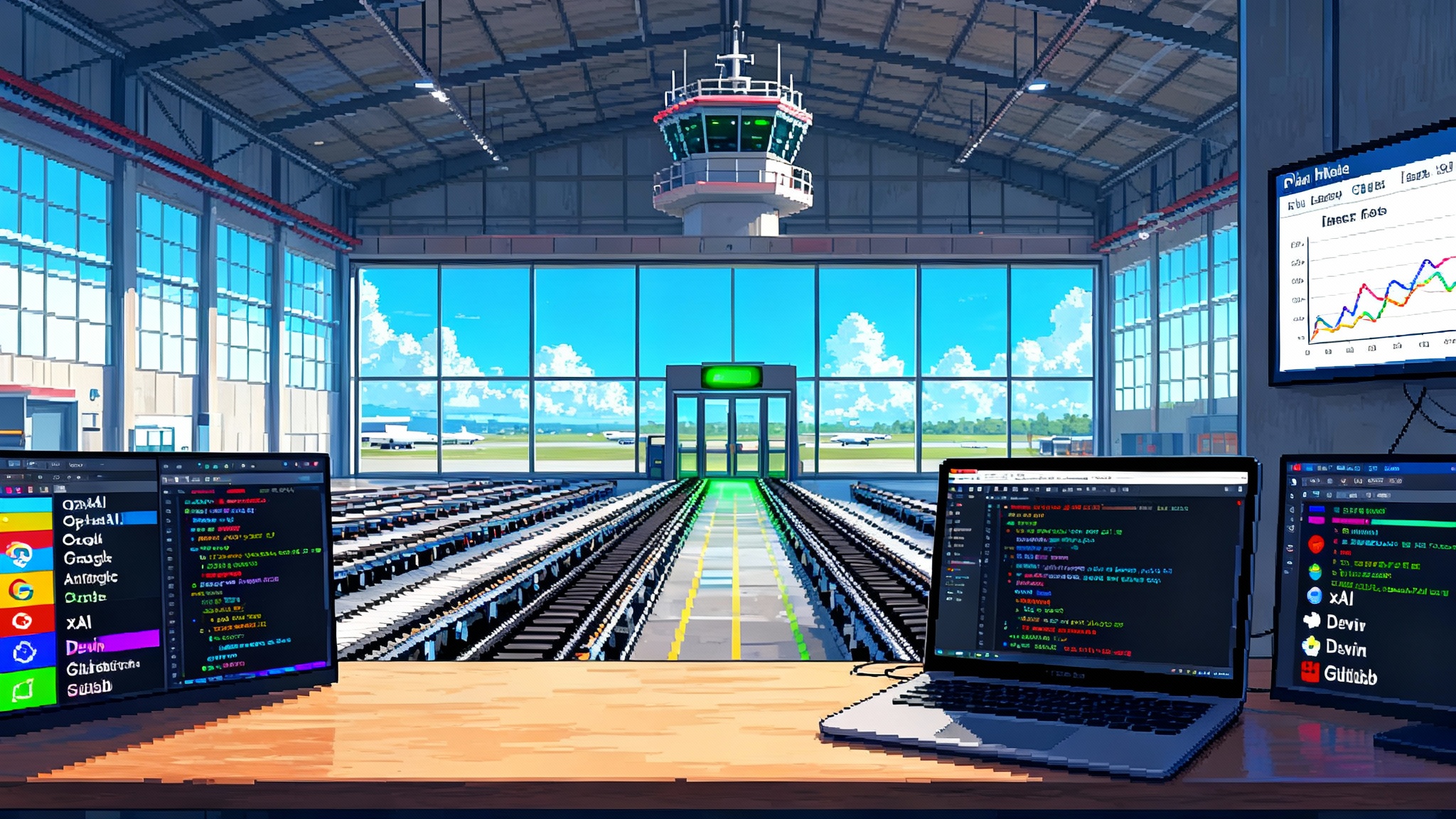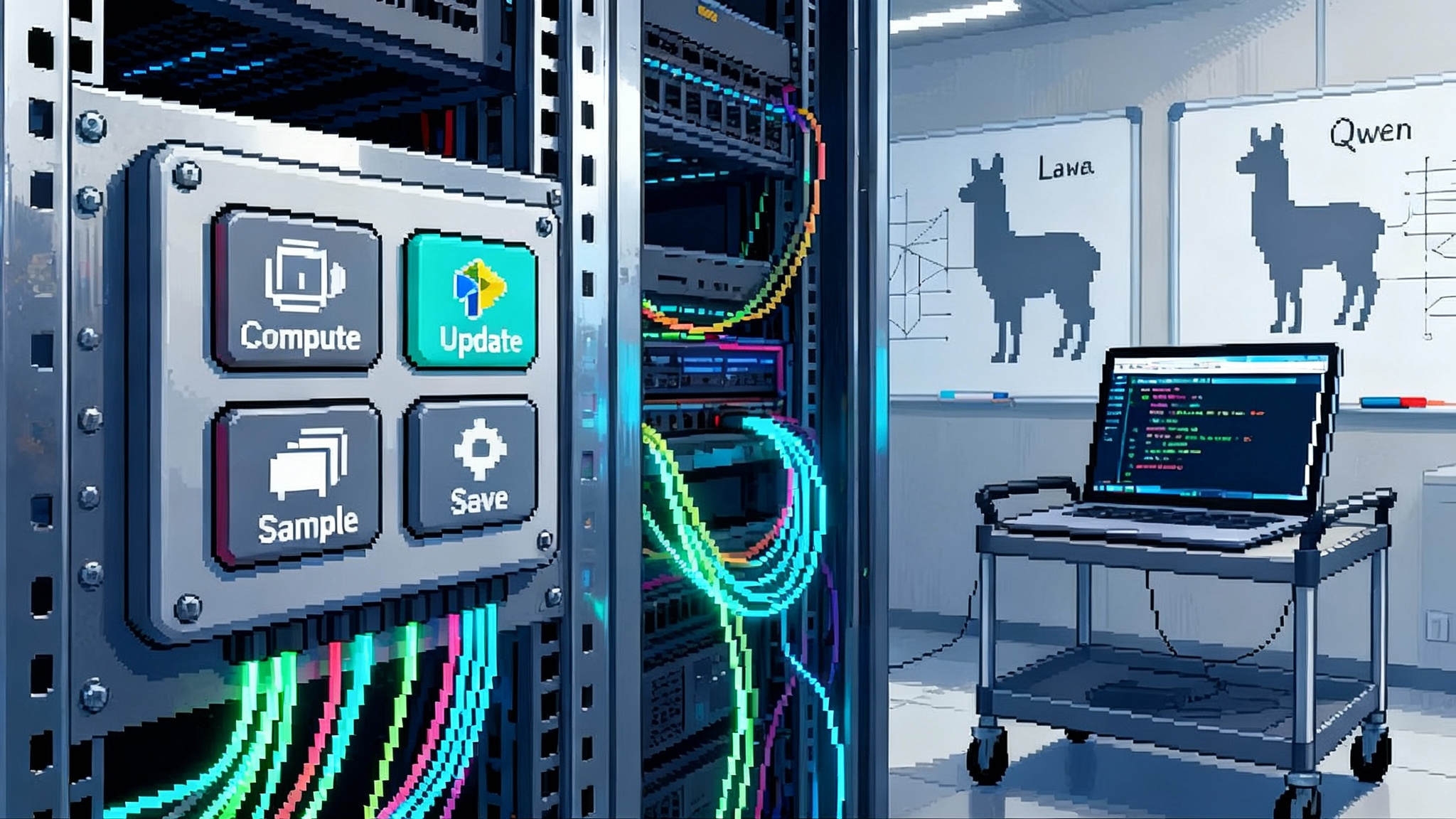Navigating the agentic future.
AgentsDB is a new project dedicated to covering the fast-evolving landscape of AI agents, product launches, ecosystem players, and the trends shaping tomorrow’s intelligent systems. Our mission is to make sense of this transformation and guide you through it with clarity and depth.
What's happening today?
Publishers Seize AI Search as Gist Answers Goes Live
ProRata's September 2025 launch of Gist Answers moves AI search from aggregators to publisher sites. With licensed corpora, answer-aware ads, and shared revenue, operators gain control over trust, traffic, and monetization.
Authenticity as an API: The Reality Layer After Deepfakes
Deepfakes flipped the stack from moderation to verification. This playbook shows how signed outputs, Content Credentials, and agent readable truth receipts will reshape feeds, ads, and newsrooms within two years.
Claude Skills are the new enterprise agent distribution
Anthropic’s new Skills and the /v1/skills API turn Claude into a modular, versioned runtime for repeatable work. Learn how on demand Skills enable governance, portability, and at scale distribution across apps, code, and the API.
AI Goes Wearable: Sesame’s Voice-First Glasses Beta
Sesame has opened a beta for voice-native AI glasses, and it hints at a major platform shift. Here is how speech, continuous context, and hands-free design reshape products, developer playbooks, and business models.
Once the Weights Are Out: Who Governs Forkable Cognition?
Open weights turned advanced models into forkable engines that anyone can run, tune, and ship. This piece maps the new power centers, shows how safety moves to the edge, and outlines a practical runtime and compliance playbook for 2025.
Asana’s AI Teammates Turn Agents Into Real Coworkers
Asana’s AI Teammates live inside projects, respect permissions, and pause at checkpoints. See what is different, how to run a four week pilot, and the questions to ask before these agents reach general availability.
Appy.AI turns agent demos into revenue-ready businesses
Appy.AI bundles payments, authentication, analytics, and white label sites into a conversational builder, turning agent ideas into sellable products in days and raising the bar for true end to end stacks heading into 2026.
Licensed Memory Arrives: AI's Shift to Clean Data Supply
AI is moving from scrape first habits to rights cleared memory with warranties, recalls, and lineage. Here is how licensed data supply chains reshape models, procurement, and the products customers will trust.
Gemini Enterprise turns Workspace into a multi-agent OS
Google quietly rewired Workspace in October 2025. Gemini Enterprise is not a smarter chat box but governed multi agent workflows across Docs, Sheets, Gmail, and even Slack. See what changed, why it matters, and how to pilot it safely.
OpenFrame brings approval gated agents to MSP operations
Flamingo’s OpenFrame lands with a practical blueprint for managed service providers: approval-gated AI agents that plug into existing tools, cut ticket toil, reduce lock in, and restore margins with real auditability.
The UI Becomes the API: Agents Learn to Click After Gemini 2.5
Google’s Gemini 2.5 Computer Use turns every pixel into a programmable surface. Agents can click, type, and scroll like people, collapsing the gap between UI and API. Here is how products, safety, and moats will change next.
Codi’s AI office manager and the rise of self-running offices
On October 21, 2025, Codi unveiled what it calls the first AI office manager, a system that coordinates vendors, restocks pantries, and schedules cleaning. Here is how agentic software is stepping into real-world operations.
One quick step: send your topic and angle to start
Want a sharp, timely article fast? Send a clear topic and the angle you want. With those two inputs I can verify facts, frame the stakes, and deliver a publish-ready feature tailored to your readers and goals.
When the House Starts to Think: Ambient Agents Move In
Smart homes are shifting from talk-to-me gadgets to agents that perceive, remember, and coordinate. This guide explains how the home graph, sensors, privacy rules, and subscriptions change daily life and what to do next.
Agent HQ turns GitHub into mission control for coding agents
{"Excerpt":"GitHub unveiled Agent HQ at Universe 2025, a mission control that lets teams run, compare, and govern coding agents inside GitHub and VS Code. Learn how to test, enforce policy, and prove ROI without changing tools."}
Tinker turns fine-tuning into a product for open LLMs
Thinking Machines Lab launched Tinker on October 1, 2025, a managed training API that lets you code SFT, RLHF, and DPO loops while it runs the clusters. See what that unlocks, how it compares, and how to start fast.
Agentforce 360 makes CRM the control plane for AI agents
Salesforce’s Agentforce 360 makes CRM the command center for enterprise AI agents, bundling Builder, Agent Script, Voice, Slack orchestration, and multi-model choice. See what shipped, why it matters, and how to build.
Compute Eats the Grid: Power Becomes the AI Platform Moat
AI’s scarcest input is not chips, it is electricity. Amazon is backing modular nuclear in Washington, Georgia may add about 10 gigawatts, S&P sees demand tripling by 2030, and DOE is backing grid upgrades.

















